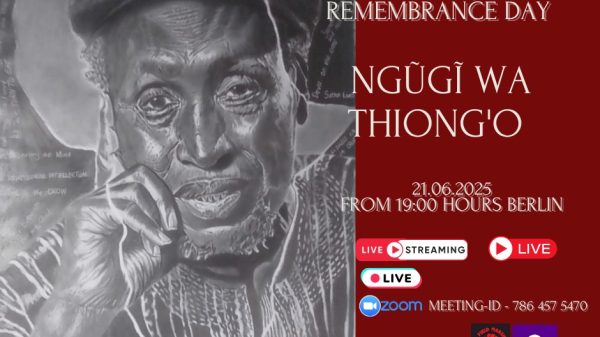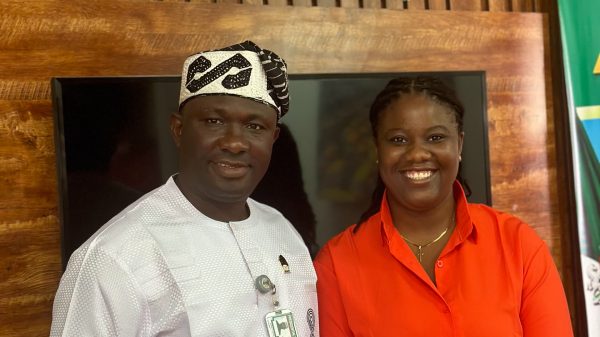Originally written by Paul Panckhurst
Some people live in silence—not because of hearing loss, but because their minds are incapable of imagining sounds. This rare condition, known as anauralia, is the focus of groundbreaking research and an upcoming global conference.
Understanding Anauralia
Anauralia, a term first proposed in 2021 by researchers at the University of Auckland, describes the inability to imagine auditory sounds, such as music or voices. This condition often coexists with aphantasia, the absence of visual imagination, and is estimated to affect about 1% of people. Despite its rarity, anauralia appears to have no significant drawbacks. On the contrary, some studies suggest it may improve attention and focus.
For those with anauralia, experiences that are common for others—like getting a song stuck in one’s head or imagining a dog barking—are entirely foreign.
The University of Auckland will host a conference titled “Mind’s Ear and Inner Voice” from April 14-16, 2025. This interdisciplinary event will bring together scientists, musicians, writers, poets, and philosophers to explore the phenomenon of imagined sound.
Professor Tony Lambert from the School of Psychology explains the event’s unique focus:
“Scientists are fascinated by how the brain creates—or doesn’t create—imaginary sounds like the inner voice. For creatives, these sounds can be integral to their work, providing insights that science alone cannot capture.”
Notable figures in literature, like Charles Dickens and Alice Walker, have reported vivid inner voices that shaped their work. In contrast, University of Auckland student Sang Hyun Kim, who experiences anauralia, finds the concept of imaginary sounds “freaky” but is eager to learn more about this enigmatic aspect of cognition.
Current research at the University’s Anauralia Lab, funded by the Marsden Fund, uses advanced neuroimaging techniques, including EEG and functional MRI, to study the neural mechanisms behind auditory imagery. The goal is to understand how silent minds function and how they differ from those with vivid auditory imaginations.
Professor Lambert suggests that musicians with anauralia might process music differently, relying on mental representations without sensory components.
“It’s like the difference between hearing music and reading a musical score,” he explains.
### Personal Perspectives and Future Research
The conference will feature personal accounts from individuals with anauralia and hyperauralia—the experience of extremely vivid auditory imagery. This comparative approach aims to shed light on the diverse ways the brain processes sound, both real and imagined.
While auditory imagery has historically received less attention than visual imagery, Lambert believes the ongoing research will open new avenues in understanding cognition.
“We’ve answered some questions, like how common anauralia is, but the implications of a silent inner world remain a vast and intriguing field for exploration,” Lambert concludes.
As research continues, the study of anauralia promises to deepen our understanding of the human mind, creativity, and the brain’s incredible adaptability. Whether silent or vivid, the world of inner sound offers a fascinating glimpse into how we perceive and imagine our realities.




















































































































